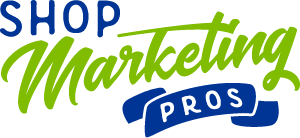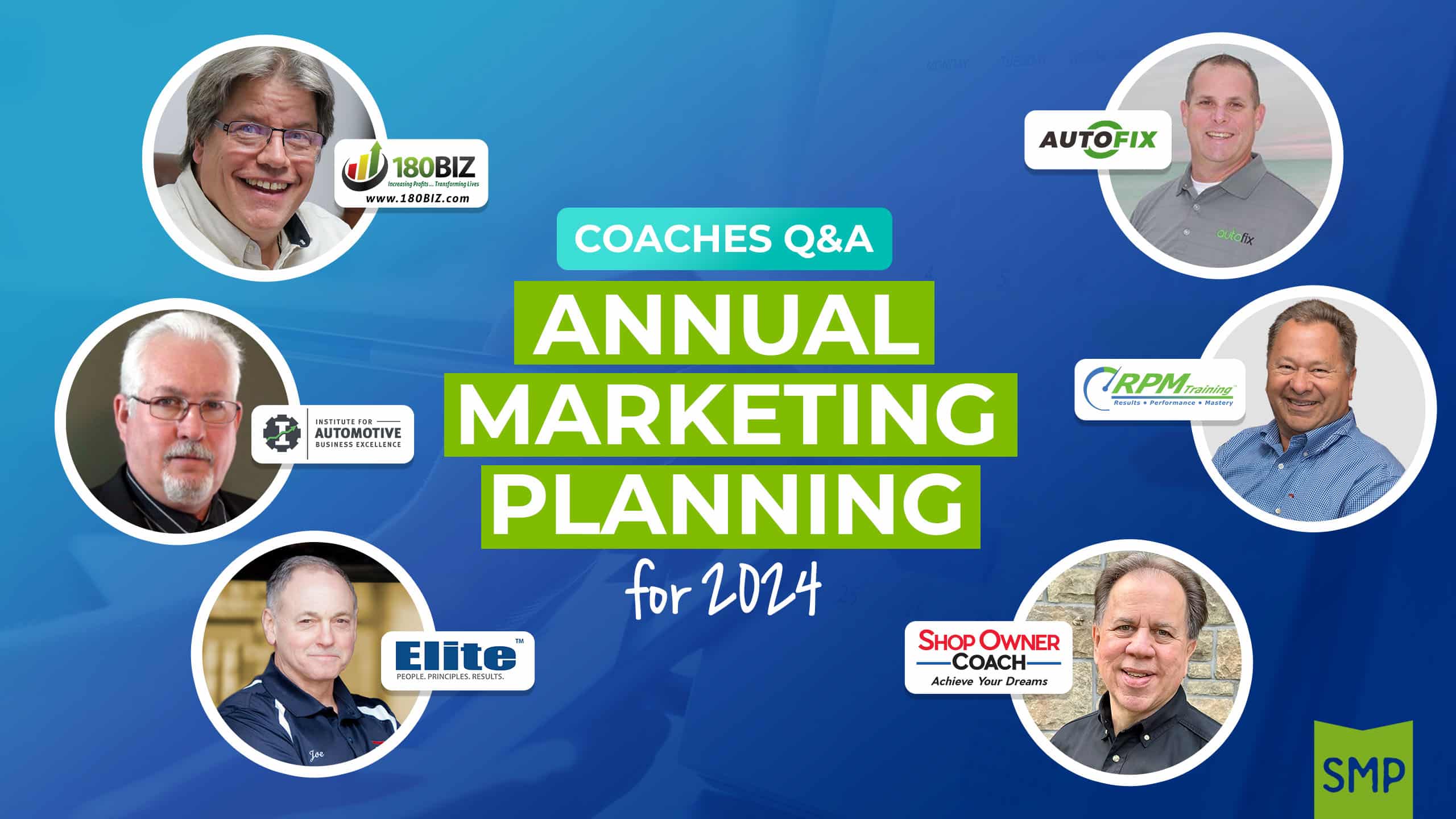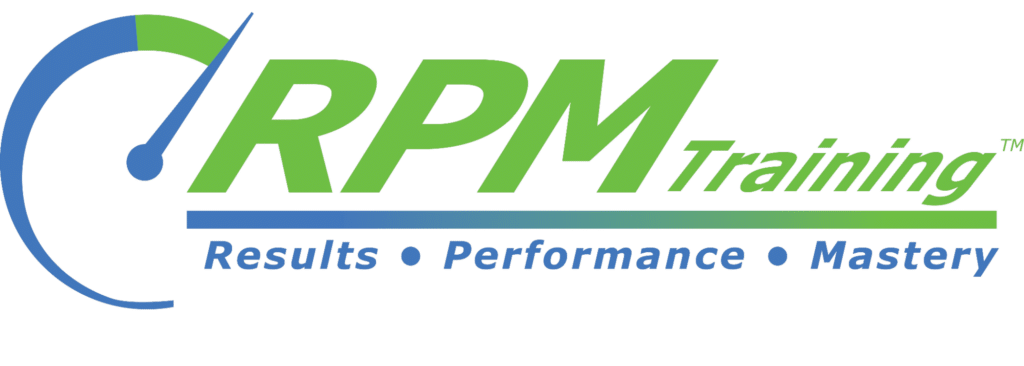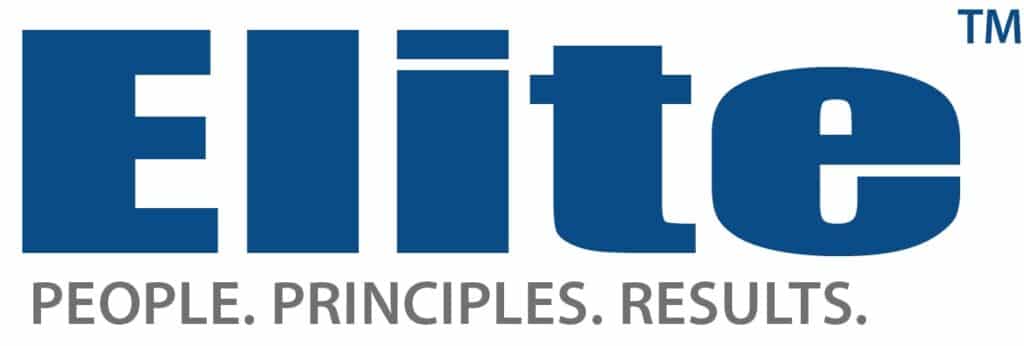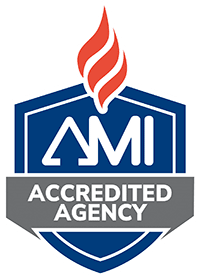In the spirit of “eating your own dog food”, we cannot preach to automotive repair shops about setting aside time to create their annual marketing plan if we do not do it ourselves. Our date is set and we are pulling in our strategic marketing team to spend time eating our own dog food – the food we advise you eat.
We’ve done research, looked back at our own marketing metrics, trends, brainstormed ideas, and are developing our strategies and campaigns to reach our goals for next year.
As we advise our shops to consult with coaches, 20 Groups, and industry experts we felt it was only right to seek advice from some really outstanding coaches in the industry. We sent them all the same questions and got some wonderful answers from them. Below, you will find a complete list of the questions and answers from each coach. We believe you will find this incredibly valuable as you plan for your next year!
Special thank you to the following coaches for their time and valuable input.
How do you advise your clients to measure their ROI? Are there specific marketing metrics you prefer?
- We have our clients document their Ad Codes, where are your leads coming from? Some of our clients have a pretty good marketing company that gives them a report. We want to know how much we spent in any specific area and then divide that into our Income (from that specific marketing source), and that gives you an ROI on your source. i.e., If we had $4,000 in revenue and spent $400 then 4000/400 = 10 so we brought in $10 for each $1 spent or a 10 to 1 return. -Coach Cecil Bullard
- First off, when it comes to measuring ROI, I recommend focusing on actionable metrics. We’re talking about conversions, customer acquisition costs, and customer lifetime value here. These are the metrics that actually tell you how well you’re converting those marketing dollars into real revenue. Forget vanity metrics; let’s focus on what matters! Make sure you are tracking/asking new customers when they call and or when they show up how they got there. Also, make sure you are forcing the input into your SMS so that you can go back later and look it up in your marketing source report. If you don’t have a SMS then I recommend putting it into a Google sheet or Excel spreadsheet. -Coach Chris Cotton
- We measure the number of new customers every month. We measure the number of active customers in a month to make sure we are not losing more than we are gaining. We measure the number of new customers against their database as well as their invoice count. We would like to see a minimum of 12% of new customers. -Coach Murray Voth.
- ROI isn’t always easy to determine. One of the things I advise clients to do is use their business management system and utilize the Referrals and Source feature. I recommend that all first-time customers should be asked a few questions, such as “Who referred you to us?” and “How did you find out about our company?” This information can be tracked, and a report can be generated to find the effectiveness of certain ad/marketing campaigns.
As a coach, two of the KPIs we track are “New Customers” and “Churn Rate.” We look for an acquisition rate of at least 15%, which varies from shop to shop and location. We know that every business loses customers for a variety of reasons, and it is important that the acquisition rate is higher than the churn rate.
If the new customer rate is where it needs to be then we know that both internal and external marketing is working.
Lastly, professional marketing companies have different tools that can help with ROI, which I do recommend considering. -Coach Joe Marconi
We advise tracking sold dollars spent vs revenue generated as it relates to individual advertising campaigns. -Coach Vic Tarasik
With traditional advertising, I recommend tracking the number of phone calls and/or email inquiries over tracking how much was spent vs. collected due to the incomplete picture given by the latter method. -Coach Rick White
What is the marketing budget you recommend?
- Between 5% of revenue to as much as 10% of revenue, depending on if you are trying to maintain market share or grow market share. -Coach Cecil Bullard
- As for the budget, my approach is to keep things flexible. Start with a baseline, often 5% of your target gross revenue, if you are trying to grow. Remember I said target revenue. You need to market like you’re a 2 million dollar revenue shop if you are trying to get there. But keep an eye on it as the year goes along. Be prepared to make adjustments so you can pivot and take advantage of new opportunities or correct course if things aren’t going as planned. -Coach Chris Cotton
- 2 to 3 % of sales to stay healthy and grow in a managed way, 3 to 4% of sales for growth. -Coach Murray Voth.
- In general, we recommend 5% of your targeted sales. So, you need to establish goals. If your current sales are 1 million, and your goal for 2024 is 1.2 million, then it’s 5% of 1.2 million.
With that said, mature businesses that have done a great job at marketing for decades are sometimes on cruise control, and their budgets are less, around 2% to 3%.
For those shops that are startups, in growth mode, or adding locations, that budget number is higher. I advise differently, depending on the business model and their goals. For these scenarios, I recommend 7% to 10% as a budget.
The key is to be continuous and consistent with your advertising and marketing strategies. -Coach Joe Marconi 5% to maintain previous year’s sales, 6-8 to grow. -Coach Vic Tarasik
8 – 10% of sales less rent -Coach Rick White
Do you have specific strategies you advise they include in their marketing plan for the upcoming year?
Do you have specific strategies you advise they include in their marketing plan for the upcoming year?
- Our experience is that money spent online, (Local search, SEO/SEM, PPC and Social Media) has a much higher ROI. But we do recommend some of the more traditional marketing strategies (Radio, TV or Direct Mail) in specific situations. We never want to rely on 1 marketing piece, ad or strategy. It is the combination of things that will get you over the tipping point. Sometimes that is multiple marketing pieces, ads or strategies. -Coach Cecil Bullard
- You’ve got to stay ahead of the curve in this industry. That’s why I strongly advocate embracing digital strategies. Optimize your Google My Business profile for local searches, get cracking on targeted social media ads, and don’t forget about email campaigns for customer retention. Also, never underestimate the power of customer testimonials and online reviews; these are gold in our industry. -Coach Chris Cotton
- Google Ads, and organic Google SEO are primary. A good social media presence on FB and IG. -Coach Murray Voth
- That depends on the goals of the particular shop. In general, I advise my clients to use a marketing calendar and balance out all forms of marketing and ad campaigns.
With customer service as the foundation of internal marketing, I am also advising my clients in the coming year to greatly enhance the employee experience. A marketing and advertising strategy will bring people to their bays, but what happens at the service counter and on the phone is the deal maker, and greatly affects customer retention. -Coach Joe Marconi - Review sales trends from previous year to identify the slow periods, ramp up marketing in advance of the periods to level up the sales. -Coach Vic Tarasik
- Drastically increase their social media presence with a major focus on video. -Coach Rick White
What's your #1 top tip or recommendation to shop owners when it comes to their marketing?
- We have three recommendations.
- 1st, Hire a company that comes well-referred. Measure and monitor their success, and manage them. Very few Automotive Service and Repair Shops are qualified to do their own marketing, successfully. It would be like me owning a restaurant and working on my 2020 BMW for an electrical issue. If I don’t have the knowledge and tools, I probably won’t do the best job. Yet, many shop owners try to do their marketing on their own without the requisite tools and knowledge.
- 2nd, Current Relevant Content – Online it is almost always about how Google sees my business. More content that is relevant to the search (words, blogs, videos, posts, etc.), more reviews and stars, better load speeds (anything they will get Google to use my company as the best return for the search, and that changes almost daily so I need a good company that keeps up with Google and is always looking forward.
- 3rd, Consistency – You cannot build a website and leave it alone. Soon it will not have the current and relevant content that you need. You need to be very consistent in posting additional content (blogs, stories, pictures, videos, etc.) Consistency, especially if you are doing social media. You need to post regularly to keep your audience interested and engaged
-Coach Cecil Bullard
- My #1 tip? Don’t just throw money at the problem; throw smart money at it. Make sure your spending is calculated, targeted, and aligned with your specific business objectives. A budget is only as good as the strategy behind it. -Coach Chris Cotton
- Hire an agency. This idea that the owner has to be able to do everything is ridiculous. Stop fixing cars, stop service advising, hire a bookkeeper, and hire a marketing agency. And then manage and lead your company. -Coach Murray Voth
- Bump up the employee experience to bump up the customer experience. It’s one thing to bring in new customers, it’s crucial to retain them. Retention is SO MUCH more affordable than new customer acquisition. -Coach Joe Marconi
- Always be marketing, no matter how busy you are. Marketing is a long-term element. Think Coca‑Cola®, they are the number 1 soft drink in the world and the number 1 spender of ad dollars. -Coach Vic Tarasik
- Answer these questions: 1. Who is your ideal client? 2. What are their unique issues, concerns, and pains? 3. List three ways you solve those issues, concerns, and pains. 4. What’s your promise? -Coach Rick White
Are there any specific marketing mistakes you see shop owners making?
- Trying to do it themselves. Not managing their marketing company. Not measuring and managing the success of their marketing. -Coach Cecil Bullard
- One big mistake I see a lot is the ‘set it and forget it’ approach. Shop Owners, marketing is not a crockpot; you can’t just set it and walk away. You have to continually revisit, reassess, and refine your strategies. Stagnation is the enemy of growth, especially in an evolving industry like ours. -Coach Chris Cotton
- Not leveraging their current investments in marketing. For example they will sponsor a ball team, or pay for advertising in a hockey arena. And then never go to games, never talk about their involvement with the team they have sponsored. They are always asking for content. When they could be posting the team game schedule, the highlights and scores etc. In my opinion marketing is about making a connection with people. People buy from people they know and trust. -Coach Murray Voth
- The biggest mistake shop owners make is reducing their marketing budgets in tough economic times. Pulling back in tough times makes it more difficult to ramp up when the economy picks up again.
Another mistake shop owners make is trying to do all their marketing themselves. With the complexities of Google Adwords, SEO, graphic designing, maintaining a web presence, etc., shop owners need help from a marketing pro to make their marketing more effective. If not, in my experience, lots of ad dollars are wasted.
Another mistake is when shops try to be all things to all people. When I present the Fly with the Eagles course, I spend a lot of time discussing how to identify your ideal customer, and why it is crucial to market to your ideal customer and potential ideal customer profiles. -Coach Joe Marconi
- Not having a plan, reacting to slow periods and holding back during busy times. -Coach Vic Tarasik
- Reactive marketing is making marketing a priority only when they’re slow. It’s the least effective and most expensive marketing they’ll do -Coach Rick White
Do you have a favorite marketing book or class or resource you recommend to your shop owners?
- “Positioning: The Battle for Your Mind” – by Al Ries and Jack Trout -Coach Cecil Bullard
- If you’re looking for a great resource, check out “Influence: The Psychology of Persuasion” by Robert Cialdini. While it’s not auto-industry-specific, the principles it covers can be universally applied and they’re powerful tools for your marketing toolkit. -Coach Chris Cotton
- Anything by you guys, and John DeJuliuss books. -Coach Murray Voth
- The Purple Cow by Seth Godin, and all his other books.
- Building a Story Brand, Donald Miller
- Brand Against the Machine – John Morgan
- Contagious, Jonah Berger
- It’s Not About the Coffee- Howard Behar
- Positioning, Al Ries, Jack Trout
- Traction, Gino Wickman – Not technically a marketing book, but a foundation for marketing and success.
- Marketing – Brian Tracy
- And of course, listen to the Shop Marketing Pros Podcast!
-Coach Joe Marconi
- Marketing to Women. -Coach Vic Tarasik
- The Sales Bible and The Little Red Book of Selling by Jeffrey Gitomer (and this YouTube video: AMAZING ELMER WHEELER SALES FILM ” SELL THE SIZZLE NOT THE STEAK ” 50274) -Coach Rick White
Do you have anything else you'd like to share in this blog for shop owners planning marketing for the upcoming year?
- Get it done now. Have it planned out before you are short on clients. Measure and Manage (things change, Google changes its algorithm, something that used to work doesn’t anymore) and make sure you are looking at your results regularly and adjusting. This is not set it and forget it. Always have 2 great ideas for marketing that you are working on and can plug in, in case something you have been doing ceases to work. And, do a lot of R & D (find the best marketing out there that is working and duplicate it) Oh, and hire a great marketing company! -Coach Cecil Bullard
- Finally, remember that marketing is not a one-off. It’s an ongoing process. You’ve got to track, analyze, and optimize. You’re not just investing money here; you’re investing time, effort, and brainpower. Do it smartly, and you’ll see the results you want.
That’s it from me for now. Good luck with your marketing plans for the upcoming year, and as always, keep those engines running smoothly! -Coach Chris Cotton - I still run across shop owners that think they need to be the head technician, because they think their customers want them to be the one working on the car. Or they think they need to be on the front counter because their customers only want to speak with them. Put good people in place to do all the work, and your job is to go out into the community and be a connector. Build relationships. -Coach Murray Voth
- The automotive aftermarket is not like it was 20, 30, 40 years ago. In my 40-plus years in this industry ( A shop owner for 41 years, and now a coach and trainer for Elite), I have seen great changes. Most, for the good.
Back when I started, three things ensured the success of the typical repair shop: GM, Ford, and Chrysler. Those cars broke down a lot! And you were never worried about car counts. Broken cars literally showed up at your doorstep.
Today, it’s different. With a changed consumer mindset, technology, changing generational differences, and stiff competition between dealers and major chains, we need to think differently about our marketing plan and our business.
It all starts with the employee experience, the culture of the company, and then a clear, detailed marketing plan that fits the needs of the individual repair shop. -Coach Joe Marconi
- Know your customer demographics, your strengths and why they buy from you. Then go after that customer profile. Spend 75% of your marketing dollars on existing customers and 25% acquiring new customers. Always keep in mind the 51% of your new customers will only visit your shop once. -Coach Vic Tarasik
- Come up with a plan that includes five things you’re going to do every day to grow your business, along with a budget to ensure you’re being smart with your resources. -Coach Rick White
I don’t know about you, reader, but I am inspired and excited about the next year. These ideas from these influential, smart, and generous coaches in our industry are powerful. We invite you to reach out to us at ask@shopmarketingpros.com if you have questions. Additionally, please follow this link to get into the only Facebook group dedicated to one conversation – automotive marketing! Join the Auto Repair Marketing Mastermind Facebook Group for exclusive content, classes, and conversations about shop marketing with other shop owners.

